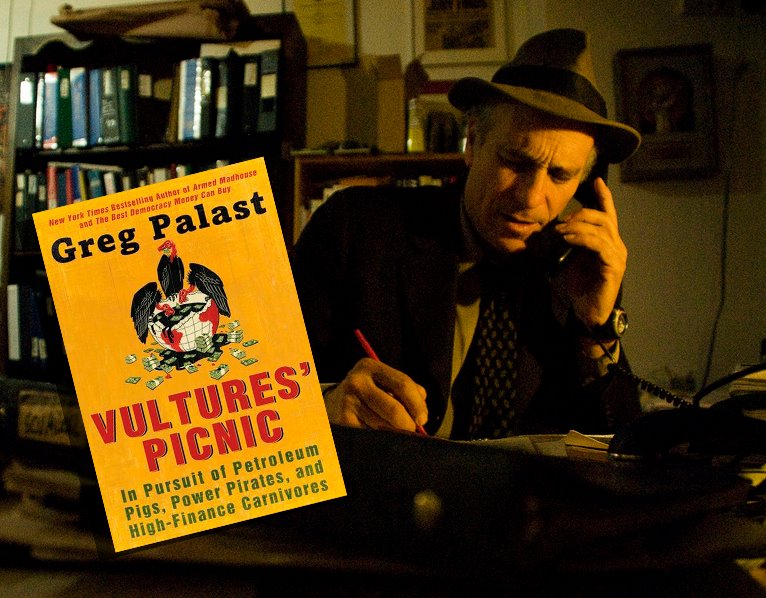Every voter that the state marks as a legitimate match receives a postcard that is colorless and covered with minuscule text. The voter must verify his or her address and mail it back to their secretary of state. Fail to return the postcard and the process of taking your name off the voter rolls begins.
This postcard game amplifies Crosscheck's built-in racial bias. According to the Census Bureau, white voters are 21 percent more likely than blacks or Hispanics to respond to their official requests; homeowners are 32 percent more likely to respond than renters; and the young are 74 percent less likely than the old to respond. Those on the move -- students and the poor, who often shift apartments while hunting for work -- will likely not get the mail in the first place.
At this point, there's no way to know how each state plans to move forward. If Virginia's 13 percent is any indication, almost 1 million Americans will have their right to vote challenged. Our analysis suggests that winding up on the Crosscheck list is hardly proof that an individual is registered in more than one state. Based on the data, the program -- whether by design or misapplication -- could save the GOP from impending electoral annihilation. And not surprisingly, almost all Crosscheck states are Republican-controlled.
The man behind crosscheck is Kansas Secretary of State Kris Kobach, a Yale-educated former law professor. After 9/11, U.S. Attorney General John Ashcroft tasked Kobach with creating a system to track foreign travelers. (It was later shut down over concerns about racial profiling.) He is best known as the author of Arizona's "Driving While Brown Law," which allowed cops to pull over drivers and ask for proof of their legal status. He co-wrote the ultraconservative 2016 RNC party platform, working in a recommendation that Crosscheck be adopted by every state in the Union. He's also the Trump adviser who came up with a proposal to force Mexico into paying for Trump's wall.
In January 2013, Kobach addressed a gathering of the National Association of State Election Directors about combating an epidemic of ballot-stuffing across the country. He announced that Crosscheck had already uncovered 697,537 "potential duplicate voters" in 15 states, and that the state of Kansas was prepared to cover the cost of compiling a nationwide list. That was enough to persuade 13 more states to hand over their voter files to Kobach's office.
In battleground-state Ohio, Republican Secretary of State John Husted's Crosscheck has flagged close to half a million voters. In Dayton, we tracked down several of the suspects on our lists. Hot spots of "potential duplicate" voters, we couldn't help but notice, were in neighborhoods where the streets are pocked with rundown houses and boarded storefronts. On Otterbein Avenue, I met Donald Webster, who, like most in his neighborhood, is African-American.
Crosscheck lists him registered in Ohio as Donald Alexander Webster Jr., while registered a second time as Donald Eugene Webster (no "Jr.") in Charlottesville, Virginia. Webster says he's never been a "Eugene" and has never been to Charlottesville. I explained that both he and his Virginia doppelganger were subject to losing their ability to vote.
"How low can they go?" he asked. "I mean, how can they do that?"
I put his question to Robert Fitrakis, a voting-rights attorney who examined our Crosscheck data. I showed him Donald Webster's listing -- and page after page of Ohio voters. Fitrakis says that the Ohio secretary of state's enthusiasm for Crosscheck fits a pattern: "He doesn't want to match middle names, because he doesn't want real matches. They're targeting people with clearly defined ethnic names that typically vote for the Democratic Party. He wants to win Ohio the only way he knows how -- by taking away the rights of citizens to vote."
Kobach refused to speak for this story. So I went to Newton, Kansas, where he was headlining an ice-cream-social fundraiser in a public park. I approached Kobach with the Crosscheck list he had refused me, and asked, "Why are these lists so secret?"
"They aren't," Kobach answered, contradicting what his attorney had told me.
I pointed to a random match on the Crosscheck list and asked him why it identified James Evans Johnson as the same voter as James P. Johnson.
Kobach denied the name could be on the list. "Our system would not yield this match," he said. (And according to the rules of his program, it shouldn't have.)
"This is the list you gave [Virginia], and they knocked off 41,000 voters," I said.
"That is false!" he said, as he hurried away. "You know why? Federal law prohibits that."
Kobach is correct that federal regulation typically would complicate such a sweeping purge, but somehow tens of thousands of voters in Virginia got knocked off the rolls anyway.
(Note: You can view every article as one long page if you sign up as an Advocate Member, or higher).





